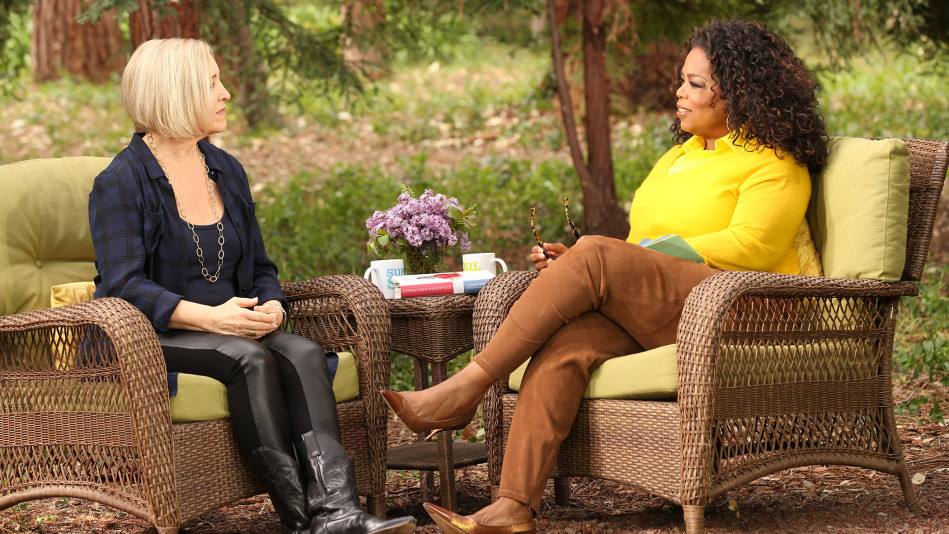The rise of the Information Age has enabled widespread public access to scientific research, but it has also disseminated a dazzling array of misinformation. Distinguishing fact from fiction during a pandemic can be difficult, particularly for the significant number of Canadians that struggle with literacy.
Dr. Christiane Northrup is one of many health-oriented online presences that has capitalized on social media’s wide reach. Despite a steadfast commitment to astrology and vaccine denialism, she has successfully leveraged her training as an obstetrician-gynecologist into a career focussed on women’s health spanning multiple decades. Her Instagram posts alternate between advertisements for her ebooks and short videos, during which she casually chats about her cats, fan mail, and harmful pandemic misinformation.
In a recent article for McGill’s Office for Science and Society, science communicator and M.Sc. Jonathan Jarry described how people tune out scientific experts in favour of influencers like Northrup.
“As science and technology become more and more complex, when we lose touch with it, it’s very easy for us to fall back to our intuitions, to believing things because they make us feel good, not because they are true,” Jarry said in an interview with The McGill Tribune.
When scientific information is poorly communicated, people tend to fall back on the assumptions they already hold, often confusing personal experiences and compelling falsehoods with proven facts. The human tendency towards irrationality is only furthered by modern media distrust and times of crises that decrease trust in public authority.
Northrup’s platform was initially built on her bestseller Women’s Health, Women’s Bodies, which combines relatively accurate health information with more dubious mysticism. Her straightforward advice about dealing with hot flashes and the proven issues with mammograms is easily accessible to women with doubts about the medical system.
However, Northrup is no stranger to dangerously inaccurate health information. Her recent content resolutely ignores reality, actively discouraging people from getting vaccinated, spreading unfounded claims about the danger of the COVID-19 vaccine, and going so far as to brazenly deny the reality of the COVID-19 pandemic.
Northrup has carefully crafted her persona to target female audiences, focussing on keeping her audience engaged rather than providing factual insight or analysis. The impressive social media following that she has garnered shows that health beliefs are often grounded in emotion rather than reason.
“Feelings don’t care about facts,” Jarry said. “If somebody’s irrational beliefs are based in emotions, in values, no amount of saying [that] the science is true whether you believe in it or not […] will really make a difference if you’re trying to […] change their mind about something.”
Although Northrup’s talk of intuition and vitamin supplements may seem relatively inconsequential, other messages she spreads have the potential to cause significant harm. Efficient and widespread vaccination against COVID-19 is essential to halting the spread of the disease. Misinformation on social media can have damaging effects on trust in health institutions and can affect people’s likelihood of getting the vaccine.
Scientists and policymakers have a duty towards society to disseminate science in an accurate and accessible way. Developing a vaccine is important, but educating people, reducing transmission, and preparing our society for future risks are also crucial to maintaining public health. Accomplishing these goals cannot happen without establishing reliable communication and public trust.
“The first thing that I think we should do is to listen to these concerns, because by listening to them, we can better understand where this person is coming from,” Jarry said. “It also shows that we care about their anxieties and their fears, and this is how you build a relationship of trust.”
Among the proliferation of untrustworthy sources, there is a growing movement of science communicators striving to deliver accessible and accurate health information. Through online initiatives such as ScienceUpFirst, they aim to reclaim the social media narrative surrounding COVID-19 and to help people understand scientific information. Effective science education is fundamental to public health, and it can only be achieved through the dedication and compassion of scientists and educators.









The title of Northrup’s book is “Women’s Bodies, Women’s Wisdom” not “Women’s Health, Women’s Bodies.”
You’ve got the article right, she’s a dangerous charlatan… but details matter.